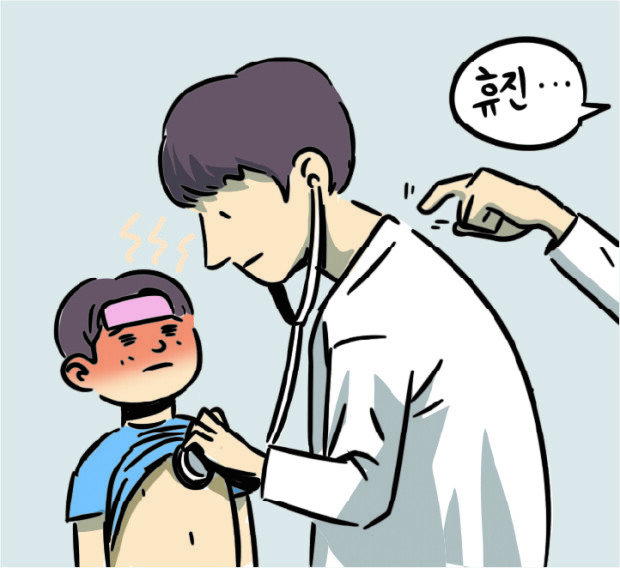Epilepsy doctors are not participating in hospital closure
Epilepsy doctors are not participating in hospital closure
Posted June. 15, 2024 08:40,
Updated June. 15, 2024 08:40

As the medical association maintained its stance of not participating in the Korean Medical Association (KMA)’s group closure scheduled for Tuesday, the likelihood of a setback in the 'largest group closure' announced by the KMA has increased. Additionally, tensions between the medical association and organizations representing medical residents (interns and residents) are escalating.
On Friday, the Epilepsy Support Hospital Council, comprised of professors specializing in epilepsy at tertiary general hospitals, announced, “At the council level, we have decided not to participate in the medical association’s group vacation on Tuesday.” This marks a medical group's third declaration of non-participation, following the Association of Delivery Hospitals and Clinics and the Korean Children's Hospital Association.
Epilepsy, a type of brain disease previously referred to as 'epilepsy,' requires continuous treatment to prevent severe physical damage and death. Hong Seung-bong, chairman of the council and a professor of neurology at Samsung Seoul Hospital, explained, “If treatment for epilepsy is interrupted, the risk of physical harm and death increases significantly, so medication must never be stopped.” He also criticized the Medical Association and the professors at Seoul National University who declared a mass closure, saying, “Doctors, whose duty is to care for patients’ illnesses and emotional well-being, should avoid actions that frighten patients and put them at risk.”
At Seoul National University Hospital, where professors have announced an indefinite group vacation starting on Monday, there is confusion regarding the adjustment of medical appointments.
The Emergency Response Committee of the Seoul National University Medical School and Hospital Faculty Council decided to "postpone treatment for one month." Still, hundreds or even thousands of patients need to reschedule their appointments with each professor.
Sung-Min Park min@donga.com







